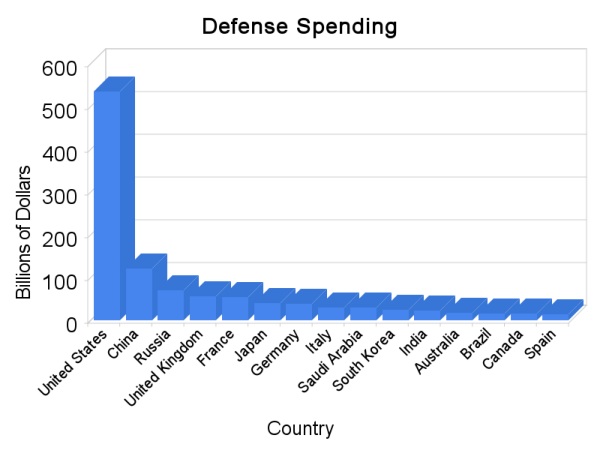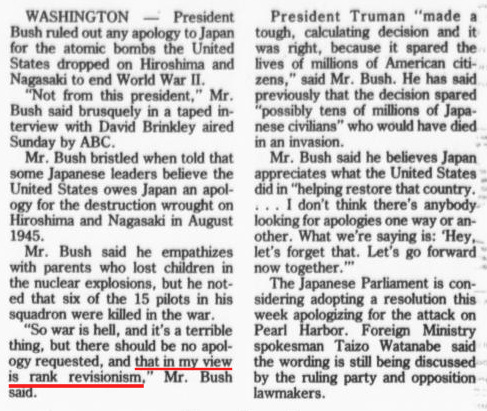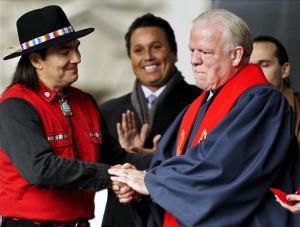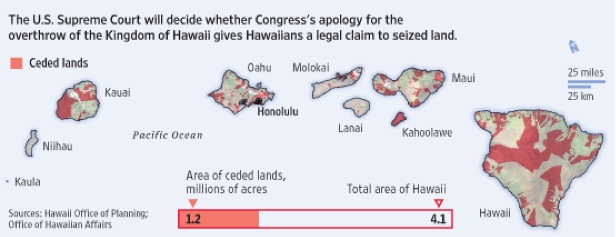My Thanksgiving weekend several weeks ago took an interesting turn when I read in the newspaper that one of America’s oldest Protestant church apologized to Native Americans–for massacring and displacing them:
We consumed your resources, dehumanized your people and disregarded your culture, along with your dreams, hopes, and great love for this land…With pain, we the Collegiate Church, remember our part in these events.
At first I was simply intrigued by the skillful circumvention of that devilishly accurate term: genocide. But then I found myself enthralled by the questions this curious genre raises: Under what circumstances can one apologize for actions done by others? Especially those done several hundred years ago? What are the differences between an apology from a collective and one from an individual? What are the consequences of an apology that deals with crimes against humanity? And among all the atrocious acts that have been committed/commissioned by governments, how do you choose which ones get an official apology?
While this particular instance hit me hard (perhaps because Thanksgiving is such a perversely appropriate time to contemplate apologies), I must confess that I had already been thinking about the genre because of all the large-scale, national apologies we saw in 2009:
- Australia’s Prime Minister, Kevin Rudd, apologized on behalf of the Parliament to the thousands of orphans that had been sent to Australia from Britain under the pretenses of a better life, only to be forced into a life of exploitative labor and systematic degradation.
- In summer the US Senate passed a “concurrent resolution apologizing for the enslavement and racial segregation of African Americans,” which “acknowledges the fundamental injustice, cruelty, brutality, and inhumanity of slavery and Jim Crow laws [and] Apologizes to African-Americans on behalf of the people of the United States for the wrongs committed against them and their ancestors who suffered under slavery and Jim Crow laws.”
- The Senate also heard another proposal calling for an official, national apology to Native Americans (there have been several before). Joint Resolution 14 “acknowledge[s] a long history of official depredations and ill-conceived policies by the Federal Government regarding Indian tribes and offer[s] an apology to all Native Peoples on behalf of the United States.
That last bill will probably die, however, because its language has managed to sneak in elsewhere. Just last week the Wall Street Journal reported that, “Buried in the billions of dollars of spending on new weapons and other items in the 2010 defense appropriations bill is a little-noticed expression of regret over how the U.S. had in the past used its power. The bill contains an ‘apology to Native Peoples of the United States.'” How apropos. In our defense budget documentation is the sentence, “the United States, acting through Congress…recognizes that there have been years of official depredations, ill-conceived policies, and the breaking of covenants by the Federal Government regarding Indian tribes.” **

(Now, I don’t think anyone with a shred of integrity can suggest that the “policies” of the government were simply “ill-conceived,” but that rant is for another day.)
So what’s being communicated here? What is the government trying to persuade us of? What’s being accomplished with this quickly developing genre? And what’s the best way to leverage these apologies for more (significant, noble) change? For fear of a long tirade I’ll hold my breath on this until I hear some of you chime in, but these are important questions to ask, I think, especially because the “official apology” is only going to increase, and because it is a conspicuous shift in US policy.
I remember, for example, being 11 years old and hearing Bush Sr. repeatedly claim that he will never apologize for America.

This stance was actually a key component in how Bush constructed a staunchly American ethos when running for President:
- “I don’t care what the facts are…I’m not an apologize-for-America kind of guy.”
- “If I am elected president, I will never apologize for the United States. I will strengthen her and maker her a beacon of freedom and liberty.”
- “We must never apologize for the United States of America.” (see Bush’s WikiQuote page for original contexts)
This post is getting a tad big, so I’m going to continue it later this week; it’s simply too intriguing of a topic to stop here.
My apologies for any inconvenience this may cause.
————————————————————————————————-
** If you’re like me, you’re probably stewing on whether or not an apology like this could be used in the legal system against the United States. After all, if the government acknowledges broken treaties (33% of the landmass is still held illegally, actually, because many broken treaties never had their legal-standing fully dissolved post-population removal) and apologizes for this, it could have massive legal consequences. But don’t worry–they thought about that ahead of time. Included in the document is some fine print: “[This apology] isn’t intended to support any lawsuit claims against the government.”
Hmm, looks like the US learned something from their official apology to Hawaiians for invading the country and exploiting its people and resources. Hawaii’s Supreme Court is using the apology as evidence for ceding 1.2 million acres of land away from US control.
This is the first time, from what I can gather, that an apology is being used as legal evidence. The consequences of this case could be huge–and the US knows that. Here’s a snippet from the Wall Street Journal article that’s linked above:
Upholding the Hawaii Supreme Court’s ruling could discourage Congress from making similar apologies for other historic wrongs, the Justice Department warned, adding that the Apology Resolution was only symbolic.
A year after the Apology Resolution, the [Office of Hawaiian Affairs] filed suit..leading to the high-court case. “The Western concept of land ownership was very foreign to Hawaiians,” says Hawaiian Affairs Administrator Clyde Namuo. In traditional culture, “property is not a commodity that is bought and sold but it is used to benefit people who live and reside on the land.”



Its a lie that the white man can ‘own’ the land when he cannot even own his mind or his body. In the first instance no one has ever owned his or her own mind. To the contrary, it is the mind that ‘owns’ the person and not the other way around. Our relationship to our minds is similar to that of vehicle and driver. We are the vehicles, the mind is the driver.
As for our bodies, if we could own our bodies we would be forever young, forever slim, forever swift, forever strong, forever healthy, forever beautiful, and last, but not least, we would be forever.